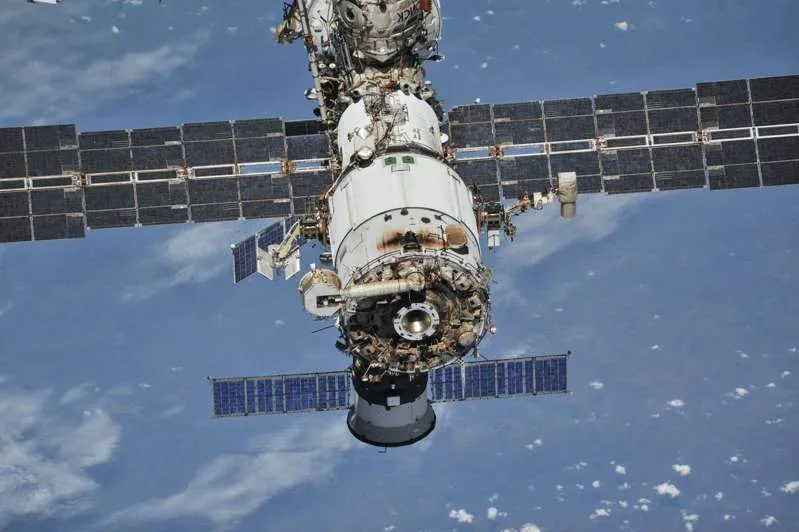Russian cosmonauts have discovered new cracks in a segment of the International Space Station that could widen, a senior space official said on Monday, the latest in a series of setbacks.
“Superficial fissures have been found in some places on the Zarya module,” Vladimir Solovyov, chief engineer of rocket and space corporation Energia, told RIA news agency. “This is bad and suggests that the fissures will begin to spread over time.”
He did not say if the cracks had caused any air to leak.
The International Space Station (ISS) is currently one of the most expensive and impressive technological investments of mankind. Its success has also created one of the most delicate and dangerous situations, which the astronauts are facing now. However, even though they have so many accomplishments to their credit, the crew of the ISS is still stuck on the outer space platform due to cracks in the structure.
Although NASA hasn’t yet released details of what exactly is wrong with the space station, a top engineer from the Russian Space Agency, says that the problem is due to the lack of heat-shielding material between the Earth and the ISS.
The cosmonauts discovered new cracks in the ISS module after they were not able to repair the first cracks, which appeared some months ago. In fact, these new cracks appear to be spreading, and cosmonauts are now worrying that they might widen even more. Fortunately, the American astronauts were able to repair the first crack and that allowed them to make further research and eventually find new cracks that they could repair.
Although this is the case, cracks in the ISS aren’t the only issue NASA is dealing with at the moment. They also found out that they might have introduced bacteria onto the International Space Station that could have been harmful to the rest of the crew
The space official has said previously that much of the International Space Station’s equipment is starting to age and has warned there could be an “avalanche” of broken equipment after 2025.
The space station has suffered several recent incidents. Russian officials last month said a software glitch, and a possible lapse in human attention, were to blame for throwing the ISS out of control.
Jet thrusters on the Russian research module Nauka inadvertently reignited a few hours after it had docked, causing the entire orbital outpost to pitch out of its normal flight position with seven crew members aboard.
Roscosmos, Russia’s space agency, also reported last month a drop in pressure in the Zvezda service module, which provides living quarters for crew members on the ISS that was caused by an air leak.
The Russian space agency, Roscosmos, has said it will remain part of the ISS until 2024 and that it is open to extending its participation beyond then.







